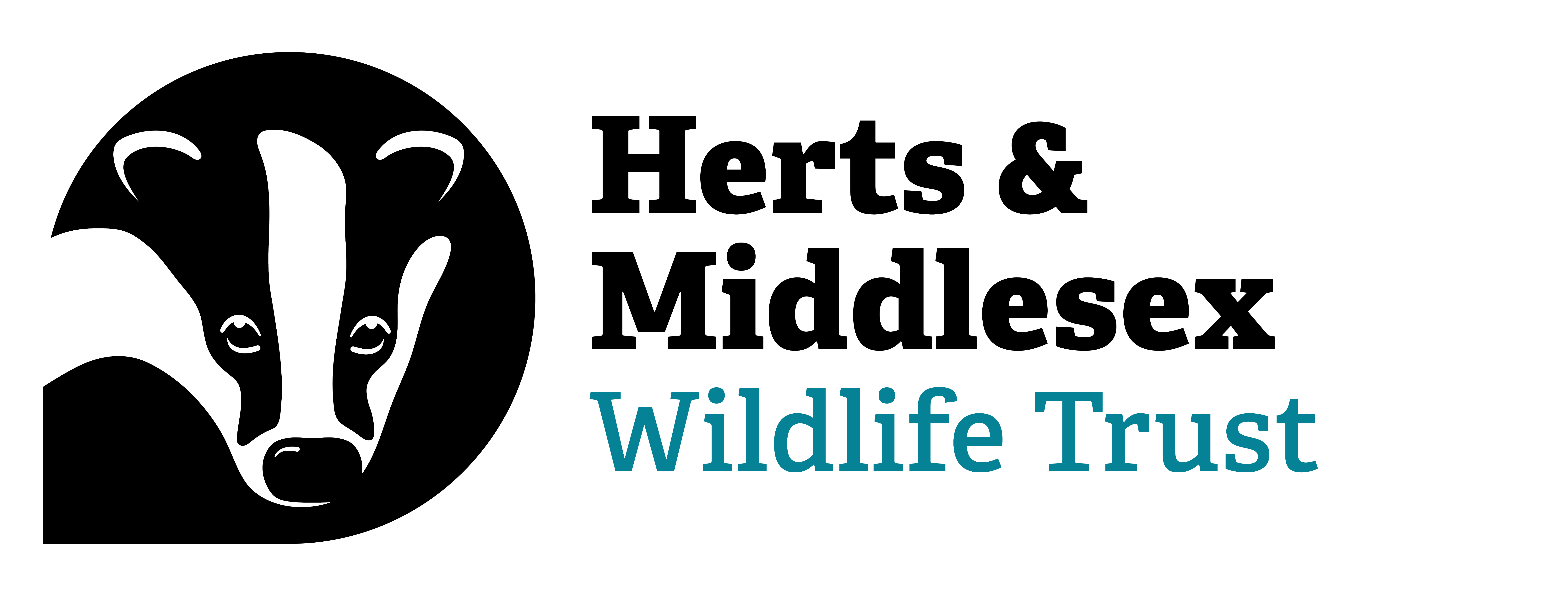Neonicotinoids (neonics) are banned across Europe over concerns that they kill bees and other pollinators. In 2017, the UK Government supported restrictions on the neonicotinoid pesticides across the European Union. The Environment Secretary at the time, Michael Gove, gave a commitment to maintain these restrictions post-Brexit unless the scientific evidence changed.
The Secretary of State, George Eustice, made the decision to allow the use of neonics in response to the potential danger posed from beet yellows virus. A similar application was refused in 2018 by the UK Expert Committee on Pesticides because of unacceptable environmental risks.
The authorisation also proposes adding weed killer in and around sugar beet fields to 'protect' bees by killing wildflowers that grow alongside the sugar beet - because beneficial 'weeds' will have absorbed neonics through the contaminated soil. Doing so would further reduce the amount of land suitable for insects and other wildlife. This is going in the wrong direction for our call for at least 30% of our land and sea to be connected and protected for nature’s recovery by 2030.
